At least 83 Muslim Americans elected in 2022 midterm elections: Report
Muslim Americans have made history again as a record number of Muslim candidates were elected into office in the 2022 midterm elections, despite rampant hate and discrimination against the faith community.
At least 83 Muslim candidates swept up local, state, and federal seats during Tuesday’s midterm elections, according to a joint analysis by the Council on American-Islamic Relations (CAIR), a civil rights and advocacy group, and Jetpac, a nonprofit dedicated to increasing Muslim political representation in the United States.
Almost 150 Muslim Americans had run for office this year, including 51 state legislative candidates across 23 states.
"I'm inspired by the historic wins we are seeing in local and state elections across the country. It shows that the Muslim community is building solid infrastructure for sustained electoral success," Jetpac Resource Center executive director Mohammed Missouri said.
"Policy decisions on education, housing, climate, and civil rights are shaped by state legislatures and it is critical that our voice is represented in the policymaking process," he added.
Many of the wins were in Republican-leaning states, including Texas, Virginia and Georgia, and included 20 incumbents and 17 new candidates. Those seats range from city councils to the US House of Representatives, where congresswomen Ilhan Omar, Democrat of Minnesota, and Rashida Tlaib, Democrat of Missouri, retained their seats.
This marks the highest number of electoral victories for the community of around 3.5 million people, breaking the record of 2020, when 71 Muslim Americans were elected into office.
CAIR National Executive Director Nihad Awad said the "historic string" of victories in this year’s election "is a testament to our community's ongoing rise in American politics and the trust our neighbors have place in us to represent them and fight for their interests."
"We are witnessing the next step in the American Muslim community's political transformation from marginalized voices that were sidelined, or worse, to decision makers," he said. "These newly-elected officials are building upon the success of our community's decades-long investment in civic engagement, voter registration and running for office."
The victories also ushered in some historic firsts, with state legislatures in Maine, Illinois, Ohio and Texas getting their first Muslim American representatives.
In Illinois’ 51st District, Nabeela Syed, a 23-year-old Muslim candidate of Indian descent, defeated a Republican incumbent to become the first Muslim elected to the state legislature.
“It is so important for us to have a seat at the table, for us to have a voice in the legislative process,” she told local media soon after her victory.
Similarly in Minnesota, 25-year-old Zaynab Mohamed, a Democrat, became the first Muslim woman of Somali descent to be elected to the state Senate.
Four Muslim Americans were elected to state office in Georgia for the first time, including Ruwa Romman, who won a seat at the state House of Representatives, and Nabilah Islam, who was elected to the state Senate.
In Texas, the first two Muslim lawmakers getting elected into office were Salman Bhojani and Suleman Lalani, who won elections to House districts 92 and 76 respectively.
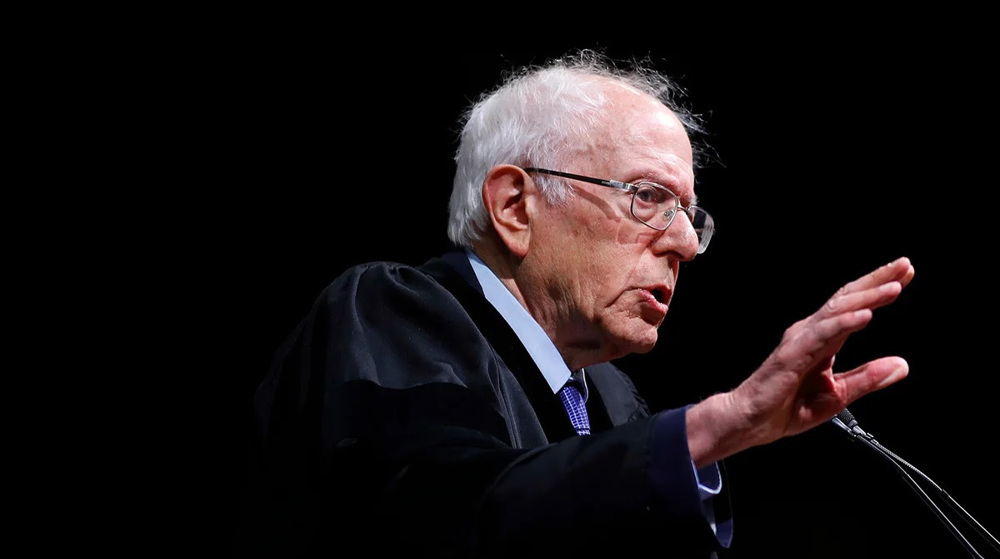
Sanders dismisses Republicans’ ‘horrific’ calls for Zelensky to resign

US terminates support for Ukraine energy grid restoration

Skipping US Congress, Trump approves $3b in arms sales to Israel
OPEC+ to raise output for first time since 2022: Report
VIDEO | Reviving Gaza mosque
Grossi stresses IAEA pursues constructive relations with Iran
Editor of Pulitzer Prize-winning US newspaper fired over cartoon deemed ‘antisemitic’
Hamas: Second phase of Gaza ceasefire ‘sole way’ to free Israeli captives
Iran signs into law its free trade deal with EAEU
One dead, several injured as car rams into shoppers in Mannheim: German police
Israeli engineer arrested for offering Iran info on Dimona nuclear reactor: Israeli media


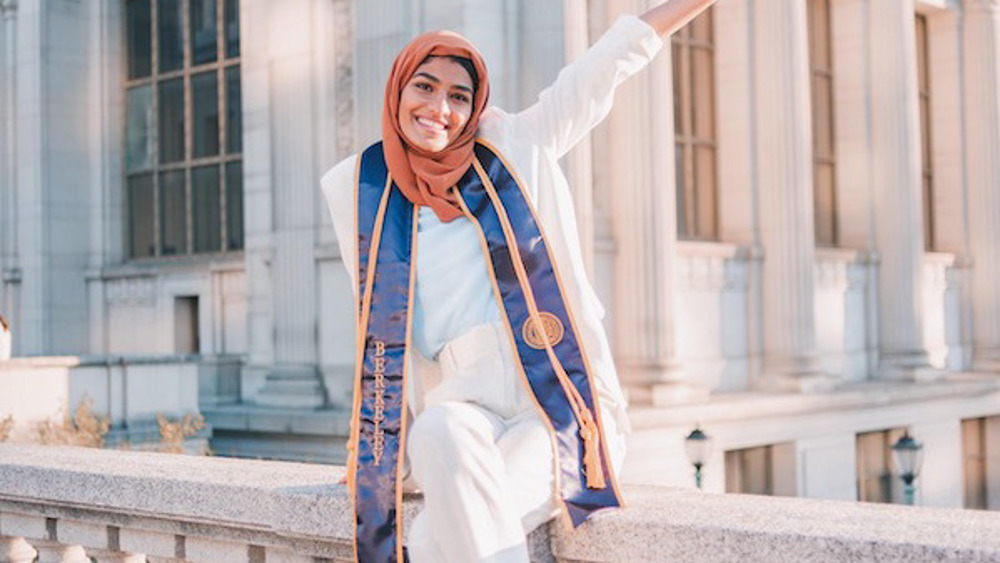




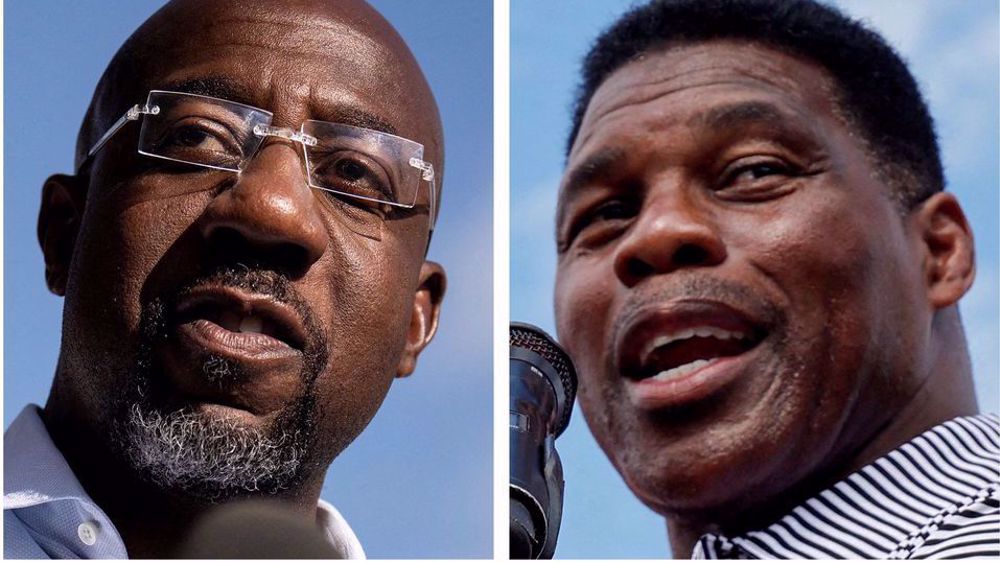
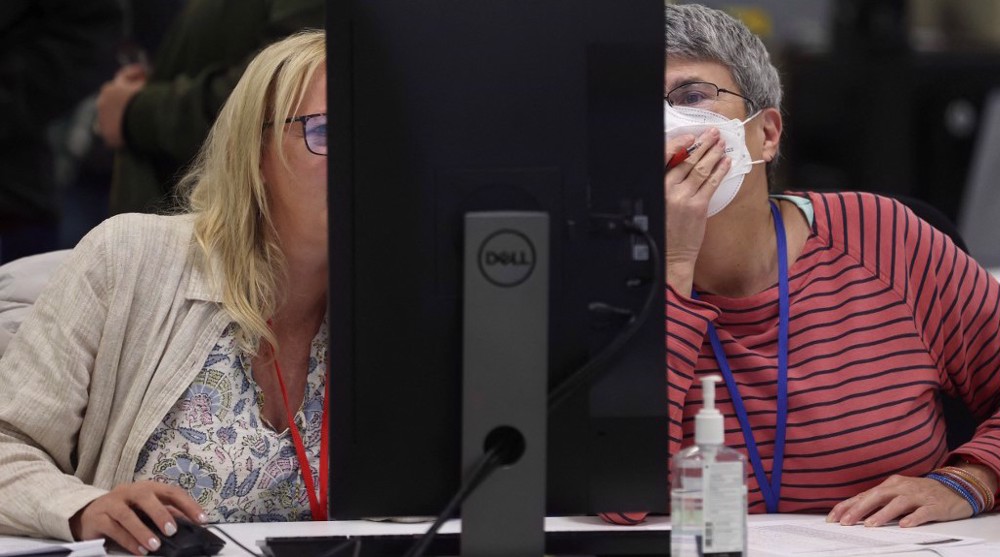
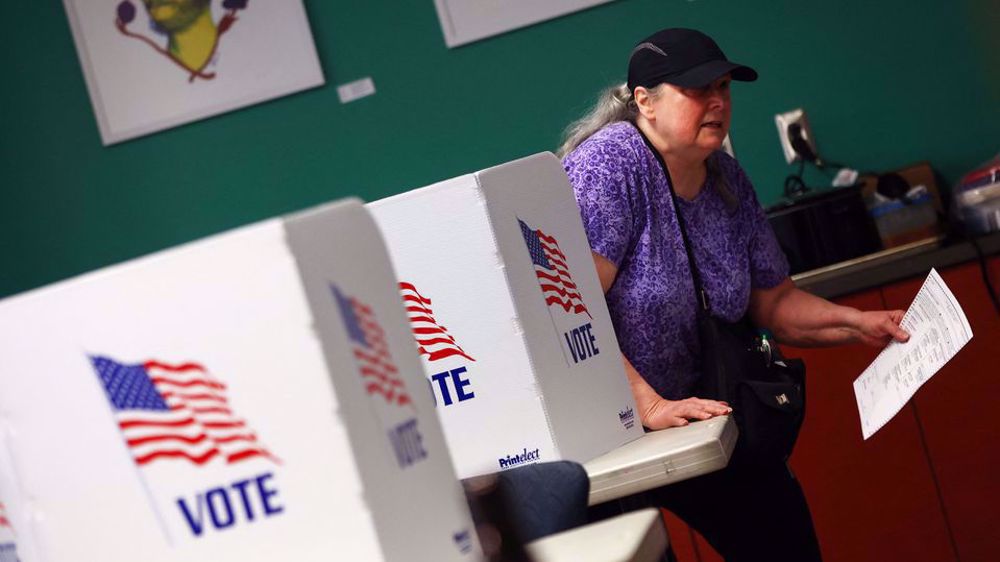

 This makes it easy to access the Press TV website
This makes it easy to access the Press TV website